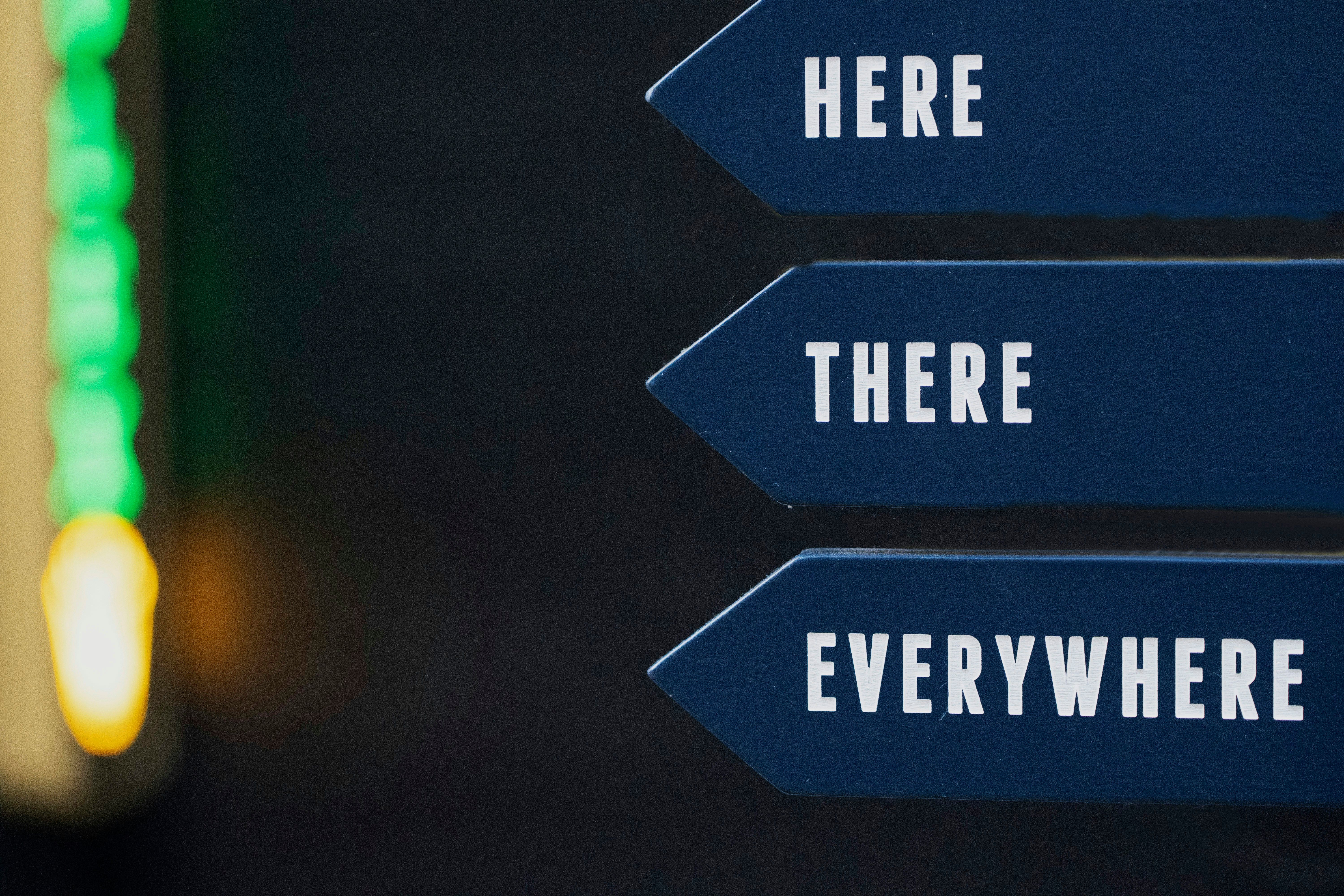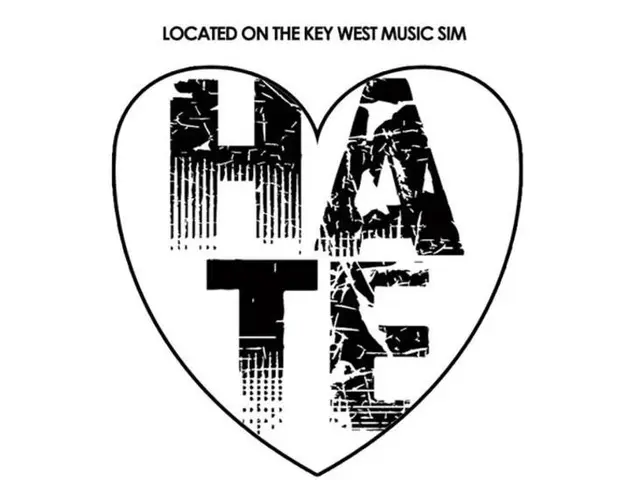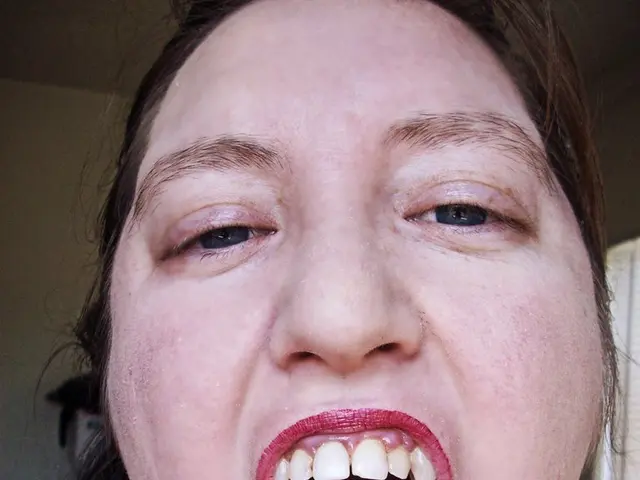Venezuela: Government and Hardline Opponents Urge Rallies in Tense Period Following Controversial Election Outcome
Vibrant pulse of unrest in Venezuela
Caracas, 30th July 2024 (our website) - The volatile atmosphere in Venezuela has escalated after the 28th July presidential elections, marked by heated protests and confrontations with security forces.
Incumbent Nicolás Maduro secured a third term amidst the hardline opposition's refusal to acknowledge the election results. Since Sunday evening, several cities have witnessed citizens constructing street barricades, using burnt tires and debris to block major roads and highways, causing disruptions in transit between Caracas and La Guaira's airport.
During the afternoon, a group of protesters attempted to advance towards the Miraflores Presidential Palace through Urdaneta Avenue, only to be met with a police cordon. Amateur videos on social media showed instances of armed civilians seemingly firing live rounds at the opposition crowd to disperse them. Footage from the same platform also depicted protesters armed with weapons, as well as instances of violent attacks against bystanders and security officers.
By the afternoon, another clash ensued between masked activists and the National Guard near El Silencio, a region close to another access point to the presidential palace, while a large pro-opposition contingent attempted to march from Eastern Caracas but was halted by the police. Social media users reported on mobilizations in numerous Venezuelan cities, with gangs in Jiménez, Lara state setting the local city hall ablaze on Monday evening. There were unconfirmed reports of three fatalities and over forty injured.
Defense Minister Vladimir Padrino reported twenty-three wounded servicemen, urging calm among Venezuelans. President Maduro, officially announced as the election victor earlier in the day, addressed the public in a broadcast, stating that over 80% of the detainees had criminal records and had recently re-entered the country. The President dismissed the protests as the work of the far-right extremist group Vente Venezuela, led by María Corina Machado.
Maduro furnished details of damage done to public property, including the destruction of statues of former President Hugo Chávez, alleging that the far-right was attempting a coup and recreating the violent 'guarimba' protests from 2014 and 2017. In opposition, he called on government supporters to assemble in a march for peace and against fascism on the following afternoon.
The election, governed by the Venezuela National Electoral Council (CNE), declared Maduro the winner with 51.2% of the vote, compared to 44.2% for opposition candidate Edmundo González. With 80% of voting centers tallied and a 59% turnout registered, the results were deemed irreversible. The CNE also stated that an electronic sabotage had delayed the final computation and publishing of results.
Investigations by the Venezuelan Attorney General, Tarek William Saab, revealed the sabotage originated from Northern Macedonia and was linked to opposition figure Lester Toledo. Meanwhile, the US backed opposition has defied the election results, with opposition leader Machado proclaiming González as the president-elect on Sunday night.
On Monday, Machado held a press conference, claiming possession of 73% of the tallies from voting centers and asserting an overwhelming victory for the opposition candidate with nearly a thirty-point lead over Maduro. The opposition promised to publish their results on an online database but, at the time of writing, the page was inaccessible. Mobilizations were encouraged for Tuesday morning.
Furthermore, Caracas is embroiled in a diplomatic standoff with several regional governments. On Monday afternoon, the Venezuelan Foreign Ministry announced the withdrawal of its diplomatic personnel from Argentina, Chile, Costa Rica, Panama, Peru, and the Dominican Republic. The statement pointed to meddling in internal affairs, along with subservience to Washington.
Airlines were temporarily barred from flying between Caracas and Panama City and Santo Domingo starting Wednesday.
Venezuela continues to experience a volatile climate due to ongoing human rights abuses, socioeconomic challenges, and restricted political space for opposition, creating a tense environment ripe for further conflict.
Background Info:
After the July 2024 presidential elections, Caracas and other parts of Venezuela escalated into significant violence and human rights abuses marked by widespread protests and further political instability. Key events included the use of lethal force by security forces and pro-government armed groups, often resulting in extrajudicial killings, excessive detentions under national security laws, and poor detention conditions. Human Rights Watch reported at least 25 deaths during these protests, mostly from low-income neighborhoods.
Venezuela's socioeconomic crisis persists, with high levels of poverty and scarcity, leading to an environment that exacerbates political tensions. Politically, opposition and free speech continue to be repressed through both legal means and violence. Venezuela's withdrawal of diplomatic personnel and subsequent suspension of air travel demonstrate the international isolation further straining Venezuela's ability to manage internal crises, potentially fueling continued violence. The ICC has reopened investigations into alleged crimes against humanity, while the UN Fact-Finding Mission's mandate was renewed, signaling ongoing international concern about the human rights situation in Venezuela.
- The unrest in Venezuela, particularly in Caracas, continues in 2024, with citizens constructing street barricades and engaging in political mobilizations following the presidential elections.
- The clashes between protesters and security forces have resulted in allegations of human rights abuses, including the use of lethal force, extrajudicial killings, excessive detentions, and poor detention conditions.
- The volatile climate in Venezuela is further amplified by ongoing socioeconomic challenges, such as high levels of poverty and scarcity, which exacerbate political tensions.
- Internationally, Venezuela faces isolation due to the withdrawal of diplomatic personnel from several regional governments and the temporary suspension of air travel, complicating the country's ability to manage internal crises and potentially fueling further conflict.








